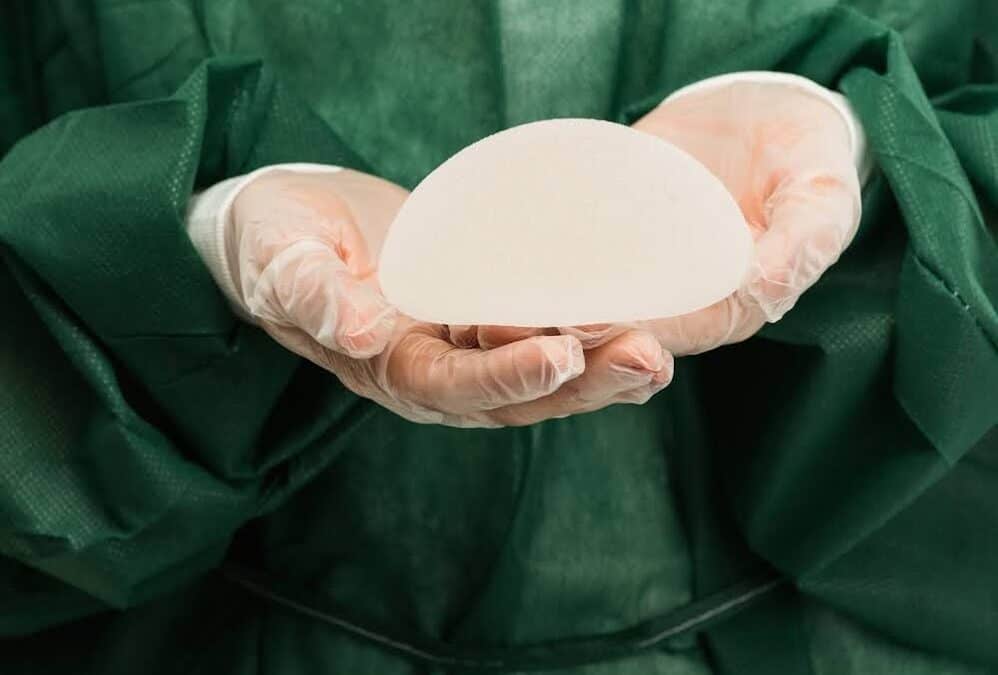4 Things to Know About Breast Implant Removal Surgery

The average lifespan of a breast implant is between 10 and 15 years. Once an implant has reached its full lifespan, you have a couple of options.
You may replace the implants with new ones, or you may remove them entirely. Breast implant removal surgery is also known as explant surgery. If you’re considering breast implant removal surgery, here are a few things you should know.
1. You Can Have Explant Surgery at Any Time
It’s a misconception that explant surgeries are only performed when implants require replacement. You may schedule breast implant removal any time you’re unhappy with your implants.
Some patients request explant surgery because their bodies have changed since they originally got their implants. Patients with weight fluctuations or who have had children may feel that their implants are now too large for their bodies. Or, if you want to increase your breast size, removing your existing implants is necessary before your surgeon can insert new implants.
You might have scar tissue around your implants that gives them an undesirable texture or causes discomfort. Implants that have shifted or are otherwise uncomfortable are also good candidates for explant surgery. If your implants are leaking, this will cause them to change shape and give your breasts an uneven appearance.
2. It’s Possible to Combine Explant Surgery With Other Procedures
Depending on the patient’s needs, explant surgery is often used in conjunction with other procedures. If you’re concerned about sagging after removing your implants, a breast lift is one option. Your surgeon can lift your breasts without using implants. Your final breast size will depend on how much natural breast tissue you have.
Perhaps you want to change your breast size; your doctor can insert new implants or transfer fat from another area of your body to help you achieve your desired look. Since the chest area is swollen for a few weeks after surgery, it takes time to see your actual results from the procedure.
Your surgeon can give you an idea of your final breast size and chest appearance after your implant removal.
3. You’ll Need SomeTime to Recover After Your Procedure
Like any operation, breast implant removal surgery has a recovery period. Most patients need a few days to recover before they’re ready to slowly resume their normal activities. But for others , depending on how involved was the surgery may need few weeks to recover.
During your recovery period, you may have drains in place for a few days to help fluids drain away from your chest. Patients who wear compression garments usually experience less swelling and discomfort after their procedures.
Avoid heavy lifting and strenuous activities after your surgery. While most patients go home the same day of their explant surgery, it’s essential to rest and take any prescribed medications to effectively manage pain.
Stop smoking at least 4 to 6 weeks before your procedure. The chemicals in cigarettes interfere with the body’s healing process, potentially causing your incisions to take longer to heal. Smokers are also more likely to experience surgery-related complications.
4. Insurance Usually Doesn’t Cover Cosmetic Explant Surgery
Occasionally, if you can prove that your implants are ruptured or interfering with your health or making it difficult for your doctors to screen for cancer, your health insurance will cover a portion of the procedure. However, these issues must be well documented by your doctor. Some insurance companies may cover the removal of implants originally inserted for breast reconstruction after a mastectomy.
Explant surgeries conducted solely for cosmetic reasons aren’t usually covered by insurance. If you’re worried about your ability to afford your procedure, see if your surgeon offers a payment plan or offers other financing options.
Need more information to determine if breast implant removal surgery is right for you? Contact Jaibaji Plastic Surgery to schedule an appointment!

